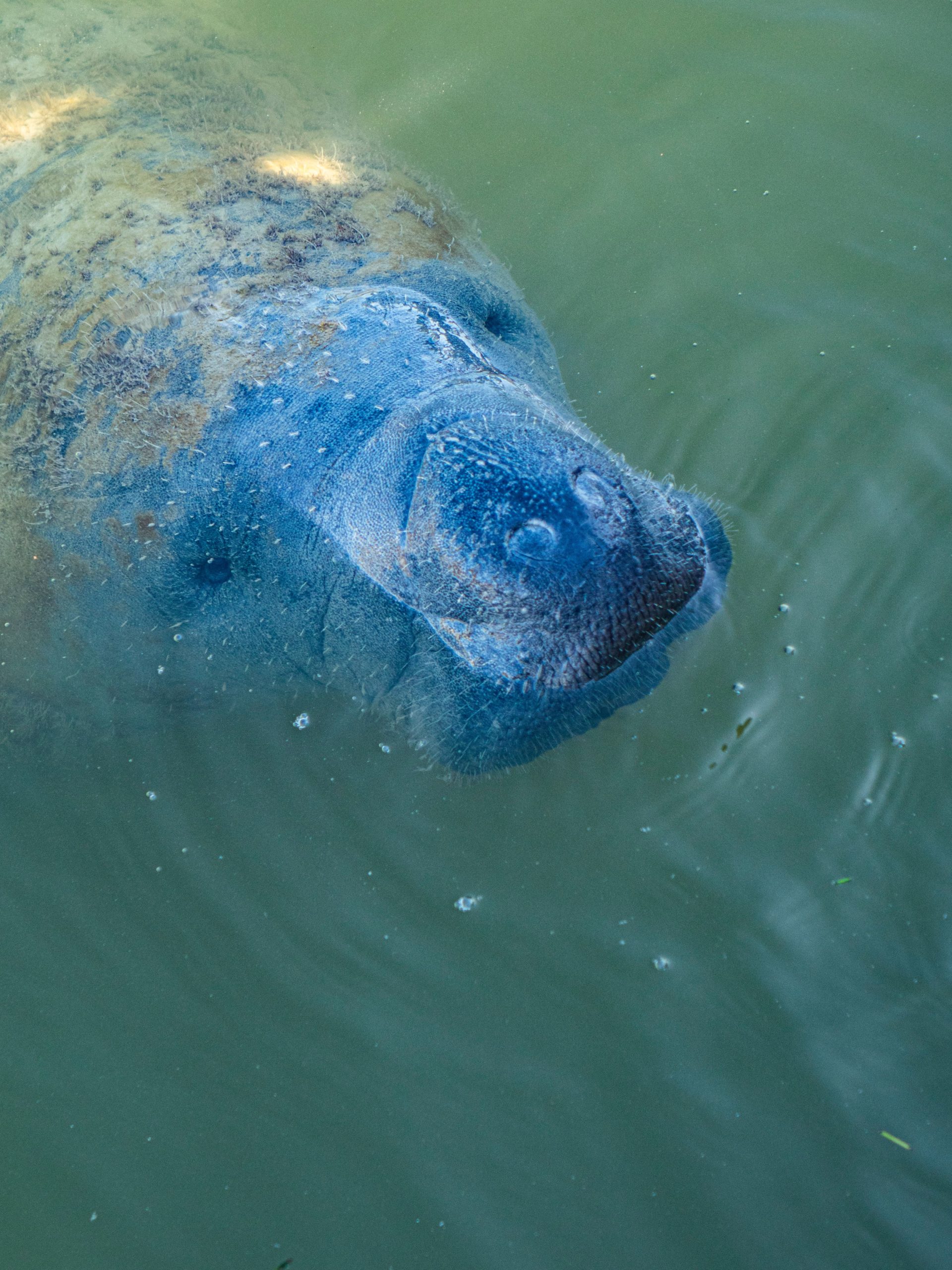Save the Manatees: Whistleblower Awareness

An organization called Public Employees for Protecting the Environment (PEER) recently sent out a depressing alert on the effectiveness of inspector generals. It’s the kind of alert that gives you some trepidation. They were trying to raise money and it combined a lot of awful cases from their general website with the idea that Inspectors General are not always particularly helpful to public employees. A public employee group complaining that an I.G. does not always work for their benefit may not be so surprising. However, the organization was good enough to put, at the very bottom of this alert, a mention of their efforts in support of the Save the Manatee Trust Fund. I’m indebted to the great Mark Kleiman for sending this along.
So we could write about inspector generals, fraud, and the False Claims Act, or we could swim with the Manatees. Or maybe we could even adopt manatees as the symbol of what happens when we are not vigilant on behalf of whistleblowers.
Manatees swim in warm water, eat vegetables, and basically do no harm. They are mammals, just like us. Like us, they are subject to all the harms of human nature. Maybe that is why they are so popular. If you go to the Crystal River in Florida you can take a guided tour and, best of all, swim with them. You can even get a little plastic water-proof camera and try to catch your moment in manatee world for posterity. You’ll probably see a huge manatee trailed by three or four manatee paparazzi trying to get a good flash pic of a huge sea cow. It’s silly I know, but it’s also a lot of fun. The manatees don’t mind having their picture taken, they are just naïve enough to believe that we won’t hurt them.
Alas environmental harm is pretty bad for the harmless sea cows. Fraud, well fraud is not much help to the environment either. I believe environmental fraud is a new area where we will be seeing more cases in the near future. When contractors lie about EPA regulations violations that they know they are committing to either avoid fines or to obtain contracts, we will see more environmental false claims cases. There are also billions spent in government contracts to remediate environmental harms and those public contracts are subject to the same potential for fraud committed against the government as any other kind of contract. Like Medicare fraud, which not only rips off the government but also can harm patients, environmental fraud will likely both cost the government (and us) money and also be bad for the environment.
So if PEER takes pictures of huge, but cute sea mammals to remind everyone what is at stake, well that’s ok with me.
Manatees need help and so do whistleblowers. Not to put to fine a point on it, but whistleblowers unfortunately are not often treated much better by the system than manatees are treated by humans. Many whistleblowers at first also believe the system will naturally protect them for telling the truth. Perhaps the harmless sea cow is the perfect symbol for whistleblower awareness after all. It can be dangerous to assume that humans won’t attack you, especially for telling the truth.
In any case, I think it’s a fine thing to be onboard with the whole save the manatee movement.













